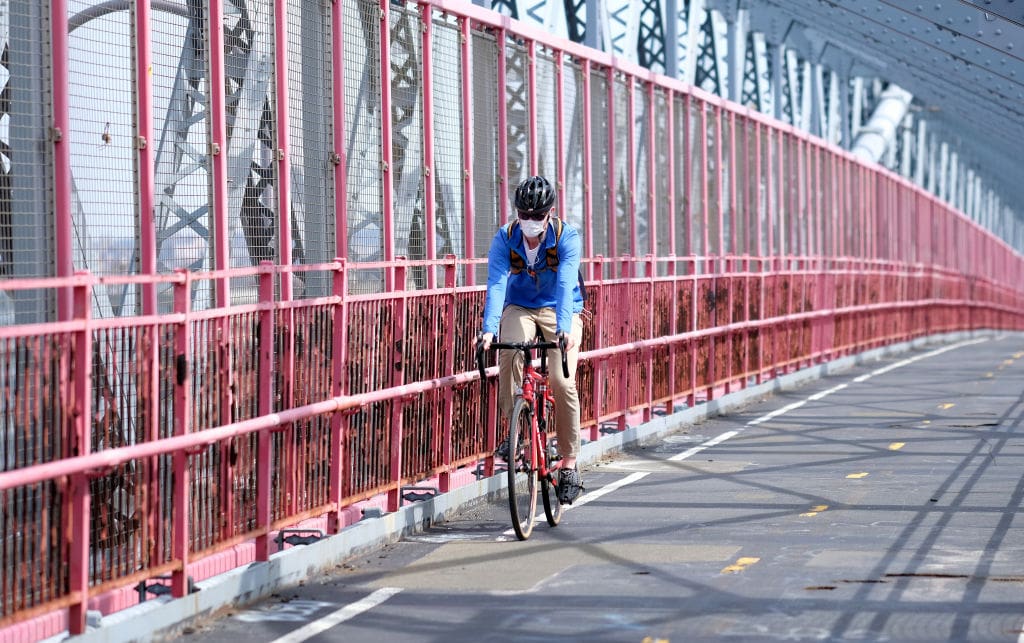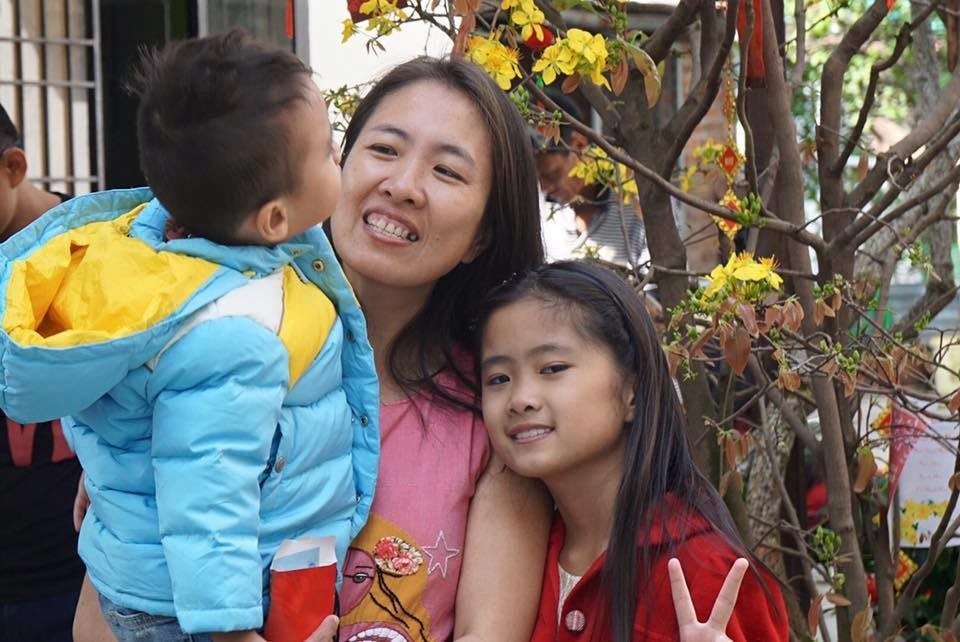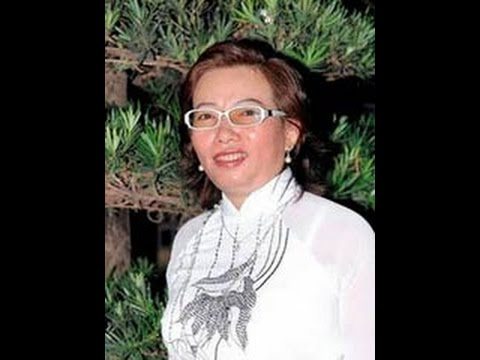The following information is based on the Amnesty International Report 2021/22. This report documented the human rights situation in 149 countries in 2021, as well as providing global and regional analysis. It presents Amnesty International’s concerns and calls for action to governments and others.
VIET NAM 2021
A severe crackdown on both online and offline dissent occurred during the Communist Party of Viet Nam (CPV) National Conference and national elections. Independent journalists, publishers and other government critics were arrested and charged under repressive laws. Human rights defenders were subjected to widespread harassment, unlawful digital surveillance, arbitrary arrest and politically motivated prosecution. Torture and other ill-treatment continued to be reported. Harsh lockdown measures to curb the spread of Covid-19 disproportionately impacted the most vulnerable and authorities meted out harsh penalties against those who violated Covid-19 regulations. Informal workers faced acute pandemic-related hardship due to inadequate social assistance, and young LGBTI people were at heighted risk of discrimination.Background
A new Party Central Committee and Politburo was elected at the 13th National Congress of the CPV in January to lead the party and the country for the next five years. The election results meant continuity of the ruling party’s repressive approach to dissent and human rights. National Assembly elections followed on 23 May. They confirmed the formal election of legislators and the re-election of Prime Minister Phạm Minh Chính.Freedom of expression and repression of dissent
Intolerance of dissent hardened further throughout the year and the right to freedom of expression continued to be restricted. Arbitrary arrests and prosecutions of journalists, publishers and others who criticized the government or the CPV increased. Before the National Assembly elections in May, the authorities initiated a crackdown on independent election candidates and those critical of the election process. In March, political commentator Trần Quốc Khánh and citizen journalist Lê Trọng Hùng were arrested under Article 117 of the 2015 Criminal Code, which criminalizes “making, storing or spreading information, materials or items for the purpose of opposing the State of the Socialist Republic of Viet Nam” and carries a sentence of up to 20 years’ imprisonment. Both had applied to be independent (or “self-nominated”) candidates for the National Assembly elections. On 31 December, Lê Trọng Hùng was sentenced to five years in prison and five years’ probation. In March, police arrested medical doctor Nguyễn Duy Hướng for writing articles on his Facebook account that were critical of government policies.1 Critics of the government’s response to the Covid-19 pandemic also faced harsh punishments. In early August, police arrested Trần Hoàng Huấn for sharing criticism of the government’s Covid-19 response on Facebook. On 2 September, police fined Facebook user Nguyễn Thùy Dương 5 million Vietnamese Dong (approximately US$210) after she shared an online post criticizing the authorities for neglecting Ho Chi Minh City residents and allowing them to go hungry during Covid-19 lockdowns. In October, four people were arrested and charged under various articles of the Criminal Code for posting comments on Facebook that were critical of the government’s response to Covid-19. They remained in detention at year’s end.Human rights defenders
In February, an investigation by Amnesty International revealed a campaign of unlawful surveillance targeting human rights defenders conducted between February 2018 and November 2020. The spyware attacks were attributed to a group known as Ocean Lotus, and targeted Vietnamese activists both inside and outside the country. Among them was Bùi Thanh Hiếu, a blogger and pro-democracy activist residing in Germany. The Vietnamese Overseas Initiative for Conscience Empowerment (VOICE), a non-profit organization supporting Vietnamese refugees and promoting human rights in Viet Nam with offices in the USA and the Philippines, was also targeted.2 Prominent journalist, author and human rights defender Phạm Đoan Trang, who was arrested in October 2020, was sentenced to nine years’ imprisonment by The People’s Court of Hanoi on 14 December 2021. She was charged under Article 88 of the 1999 Penal Code for “storing, distributing or disseminating information, documents and items against the Socialist Republic of Viet Nam”, in relation to articles she had written about the environment and human rights, and interviews she gave to foreign media outlets. Prior to her trial, Phạm Đoan Trang had been held in incommunicado detention for over a year. Another prominent human rights defender, Nguyễn Thúy Hạnh, was arrested on 7 April and charged under Article 117 of the Criminal Code. She is the founder of the “50K Fund”, which fundraises to provide support for the families of unlawfully detained persons in Viet Nam, and she frequently discussed human rights issues on Facebook. On 5 May, two land rights activists, Cấn Thị Thêu and her son Trịnh Bá Tư, were convicted under Article 117 of the Criminal Code and sentenced to eight years’ imprisonment followed by three years’ probation for their peaceful advocacy of land rights. They had been arrested in June 2020 together with Trịnh Bá Phương (another son of Cấn Thị Thêu) and fellow land rights activist Nguyễn Thị Tâm. The four had spoken out about a high-profile land dispute in Đồng Tâm village near the capital, Hanoi, in which a clash during a police raid in January 2020 resulted in the deaths of an 84-year-old village leader and three police officers. In December, Trịnh Bá Phương and Nguyễn Thị Tâm were sentenced respectively to 10 years in prison with five years’ probation, and six years’ imprisonment with three years’ probation. Before his trial, Trịnh Bá Phương was held incommunicado for 16 months, with all requests for family visits denied by authorities.Torture and other ill-treatment
Reports of torture and other ill-treatment of prisoners remained widespread. In March, Amnesty International revealed that political activist Nguyễn Văn Đức Độ, who was serving an 11-year prison sentence, had been kept in solitary confinement since May 2020 in inhumane conditions at Xuân Lộc prison in Đồng Nai province. His prolonged solitary confinement and ill-treatment by prison guards severely affected his mental health.3Right to health
Responding to a surge in Covid-19 infection rates in late August, the authorities imposed harsh and disproportionate lockdown measures in the hardest-hit regions. There were several lockdowns in Ho Chi Minh City under which residents were not permitted to leave their homes for a total of 16 weeks. This included a four-week-long military-enforced lockdown starting in late August when, forced to rely on the military to deliver food and other supplies, many people, especially the already vulnerable, were left in a position of severe food insecurity and hunger.4 The authorities also imposed criminal punishments against individuals who failed to abide by lockdown regulations. On 6 September, the People’s Court in Cà Mau province sentenced Lê Văn Trí to five years’ imprisonment for breaking Covid-19 regulations and “spreading the virus”. On 30 March, the People’s Court of Ho Chi Minh City handed a two-year suspended prison term to flight attendant Dương Tấn Hậu under the same charge of “spreading dangerous infectious diseases”.Discrimination
The Covid-19 pandemic affected all sectors of Vietnamese society, but some groups were disproportionately affected, including LGBTI people, and women migrant workers including informal sector workers. Some young LGBTI people reported undergoing intense difficulties as a result of being confined in their family homes during lockdowns, where they faced discrimination and violence from relatives because of their sexual orientation or gender identity. Government-supported research revealed that women migrant workers from within Viet Nam, including street vendors, suffered especially severe economic effects. Many reported experiencing food insecurity and struggling to meet other basic needs because of a lack of work opportunities and inadequate social assistance from the government.Relevant Links
- “Viet Nam: Fresh crackdown as National Assembly election looms”, 1 April
- “Viet Nam: Click and Bait: Vietnamese human rights defenders targeted with spyware attacks”, 24 February
- Viet Nam: Activist Tortured, Held in Solitary Confinement for Over 300 Days (Index: ASA 41/3878/2021), 23 March
- “Viet Nam: As Ho Chi Minh City extends Covid-19 restrictions, militarized response must respect human rights”, 13 September
- For more information visit the Amnesty.org Country page






